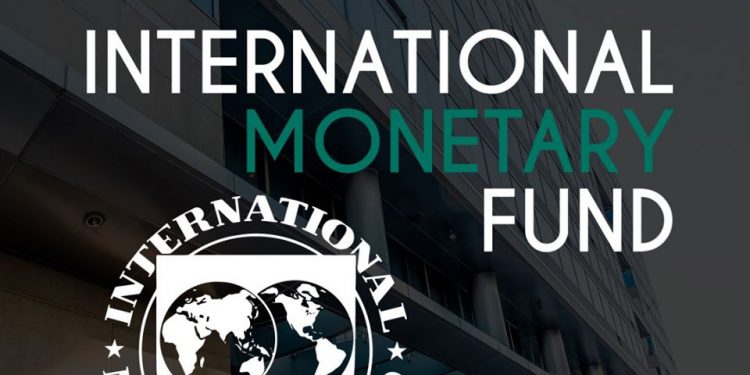The latest report by the International Monetary Fund shows that Nigeria is a “net debtor” country heavily reliant on proceeds and remittances from oil and gas exports to mitigate its national gross external liabilities.
In the ‘2024 Article IV consultation’ published following a bilateral discussion between the IMF and Nigerian officials on economic developments and policies, the country’s Net International Investment Position (NIIP) decreased by 22 per cent in 2023 due to depreciation.
The report also noted that Nigeria’s NIIP steadily declined in the last five years, mainly due to increased external borrowing. During the regime of former President Muhammadu Buhari, Nigeria borrowed billions of dollars in external loans.
“The net international investment position (NIIP) is estimated to have deteriorated to 22 per cent of GDP in 2023 in large part due to the depreciation in 2023. Over the last five years, the NIIP declined in absolute terms mainly owing to increased external borrowing,” the report stated.
“With improved oil production and a significant depreciation in the exchange rate towards the end of 2023, Nigeria’s current account balance only improved by a small margin, and Nigeria’s NIIP would be mainly determined by exchange rate changes, increased investments in the OMOs market, and Eurobond issuances,” the report said.
“Going forward,” the IMF noted, “exchange rate changes, increased investments in the OMOs market and Eurobond issuances are likely to be the main determinants. Despite the significant exchange rate depreciation and improved oil production towards the end of 2023, the current account balance is estimated to have improved only marginally.”
The IMF report concluded that “going forward, risks from Nigeria’s gross external liabilities would be mitigated by oil export proceeds, remittances, access to market financing and the long-term nature of external debt (average maturity is 13 years).”






